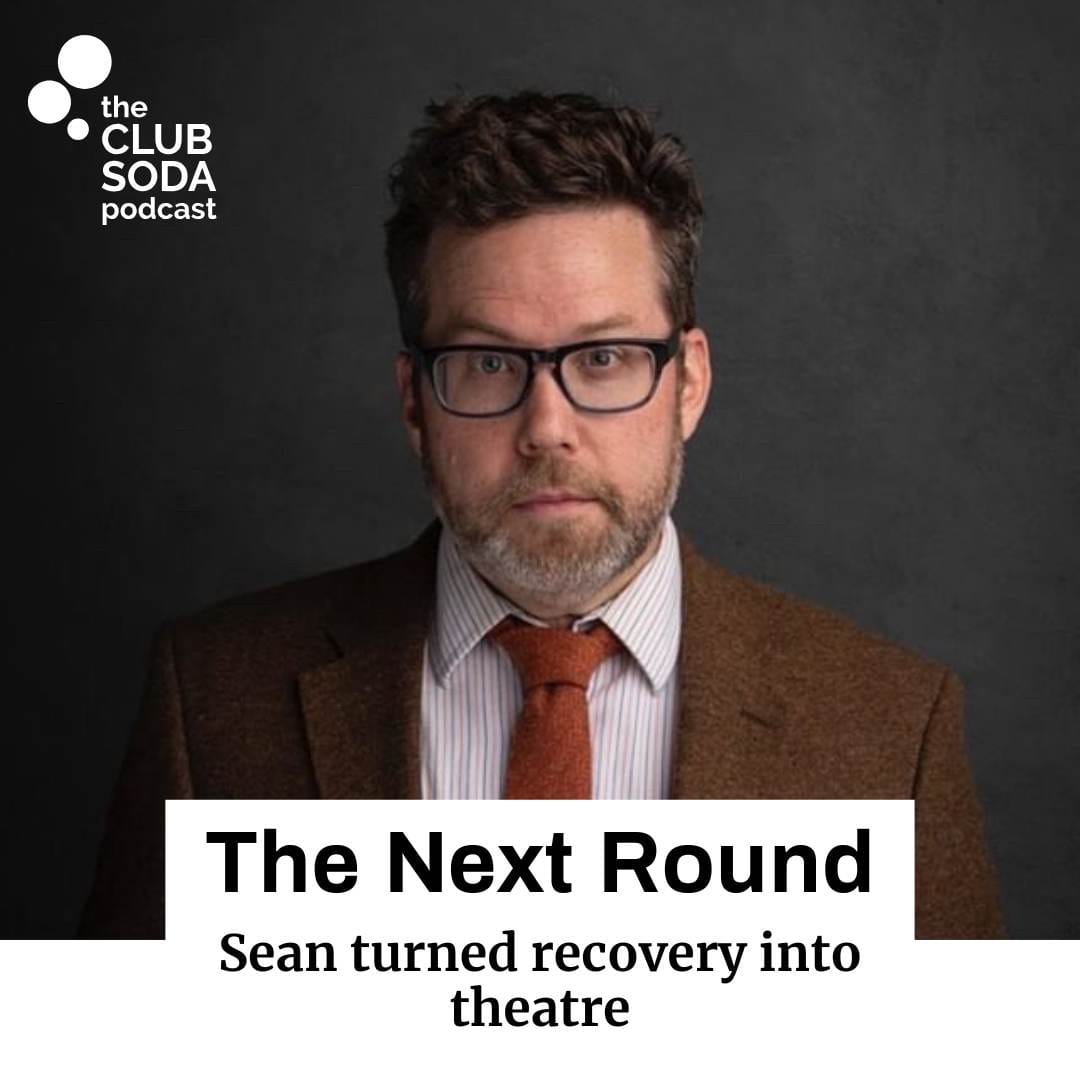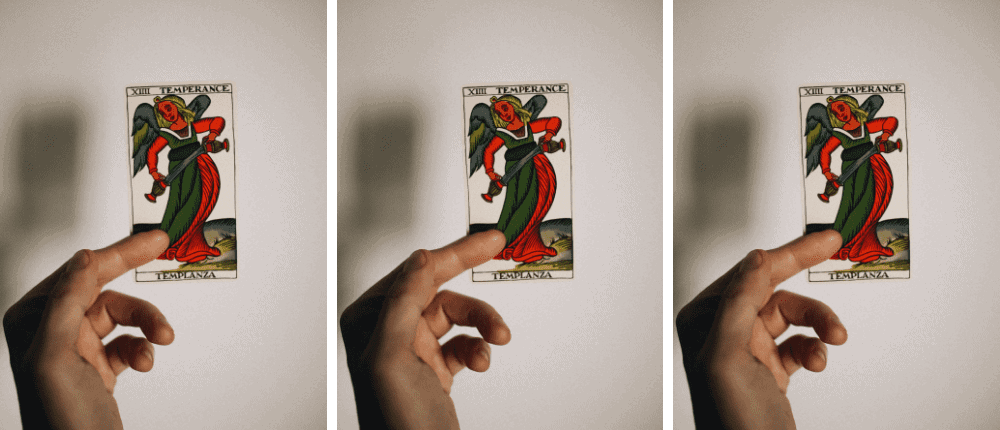
This website uses cookies to improve your experience. We'll assume you're ok with this, but you can opt-out if you wish. Read More
The Next Round: What happens after you change your drinking?

In this week’s podcast episode, Dru Jaeger caught up with Dr Annemarie McAllister. She’s a cultural historian and leading researcher into the history and effects of the temperance movement. Annemarie is a senior research fellow in History at the University of Central Lancaster. She’s also a nationally renowned expert on the history of temperance.
Dru’s conversation with Annemarie has been particularly interesting to us at Club Soda. We’ve had a lot of press coverage for our alcohol-free off-licence, where people have been intrigued by the idea of a shop selling only low and no alcohol products. It’s interesting to remember that there was a time when there were thousands of temperance movement bars across the UK.
The temperance movement was a social movement that emerged in the first half of the 1800s. It initially promoted moderation, and eventually leant towards complete abstinence from alcohol. It changed the face of the UK, with thousands of temperance halls, bars, and hotels popping up across the country, catering to the needs of people who weren’t drinking alcohol.
Beer was regarded as a symbol of national identity in England in the 1800s, but with spirits such as gin rising in popularity, the backlash became an abstinence movement. The British campaign ran in parallel with the US Prohibition era, and with sailors coming back and forth from each continent, it was a time of exchange of ideas and overlapping beliefs. The temperance movement was important because it promoted the idea of individuality and personal responsibility. Taking the pledge meant making a conscious decision to better oneself.
The fascinating chat between a researcher of a historic temperance movement and the instigator of a modern mindful drinking movement teaches us that the idea of moderation and abstinence, and the problems and challenges around both, are not new. But the same question arises now as did then – how can we build even more momentum towards lasting social change?
I was really pleased walking down Great Portland Street, to walk past the pop-up off-licence for Club Soda. Because it’s like, whoa, that’s my tribe. I think we should aim to have more dry bars, we should aim to have more meeting places that are dry or evenings in existing meeting places that are advertised as dry because it worked really well with the temperance movement. And I think it could work to serve the modern-day community too.
Dr Annemarie McAllister
The Club Soda podcast is packed full of fascinating conversations like this one, so feel free to check out the rest of Season 3. It is available wherever you subscribe to podcasts. Find your platform here.
Support the show (https://joinclubsoda.com/product/tip-jar-support-club-soda/)
This website uses cookies to improve your experience. We'll assume you're ok with this, but you can opt-out if you wish. Read More
| Name | Domain | Purpose | Expiry | Type |
|---|---|---|---|---|
| wpl_user_preference | joinclubsoda.com | WP GDPR Cookie Consent Preferences. | 1 year | HTTP |
| PHPSESSID | www.tickettailor.com | PHP generic session cookie. | 55 years | HTTP |
| AWSALB | www.tickettailor.com | Amazon Web Services Load Balancer cookie. | 7 days | HTTP |
| YSC | youtube.com | YouTube session cookie. | 55 years | HTTP |
| Name | Domain | Purpose | Expiry | Type |
|---|---|---|---|---|
| VISITOR_INFO1_LIVE | youtube.com | YouTube cookie. | 6 months | HTTP |
| Name | Domain | Purpose | Expiry | Type |
|---|---|---|---|---|
| _ga | joinclubsoda.com | Google Universal Analytics long-time unique user tracking identifier. | 2 years | HTTP |
| sbjs_migrations | joinclubsoda.com | Sourcebuster tracking cookie | 55 years | HTTP |
| sbjs_current_add | joinclubsoda.com | Sourcebuster tracking cookie | 55 years | HTTP |
| sbjs_first_add | joinclubsoda.com | Sourcebuster tracking cookie | 55 years | HTTP |
| sbjs_current | joinclubsoda.com | Sourcebuster tracking cookie | 55 years | HTTP |
| sbjs_first | joinclubsoda.com | Sourcebuster tracking cookie | 55 years | HTTP |
| sbjs_udata | joinclubsoda.com | Sourcebuster tracking cookie | 55 years | HTTP |
| sbjs_session | joinclubsoda.com | SourceBuster Tracking session | Session | HTTP |
| Name | Domain | Purpose | Expiry | Type |
|---|---|---|---|---|
| mailchimp_landing_site | joinclubsoda.com | Mailchimp functional cookie | 28 days | HTTP |
| __cf_bm | tickettailor.com | Generic CloudFlare functional cookie. | Session | HTTP |
| NID | google.com | Google unique id for preferences. | 6 months | HTTP |
| Name | Domain | Purpose | Expiry | Type |
|---|---|---|---|---|
| _ga_10XZMT03ZM | joinclubsoda.com | --- | 2 years | --- |
| AWSALBCORS | www.tickettailor.com | --- | 7 days | --- |
| cf_clearance | tickettailor.com | --- | 1 year | --- |
| VISITOR_PRIVACY_METADATA | youtube.com | --- | 6 months | --- |
Join Club Soda for 10% off your first order of drinks for UK delivery. Plus get our latest news and special offers for members to choose better drinks, change your drinking and connect with others.
If you get an error message with this form, you can also sign up at eepurl.com/dl5hPn